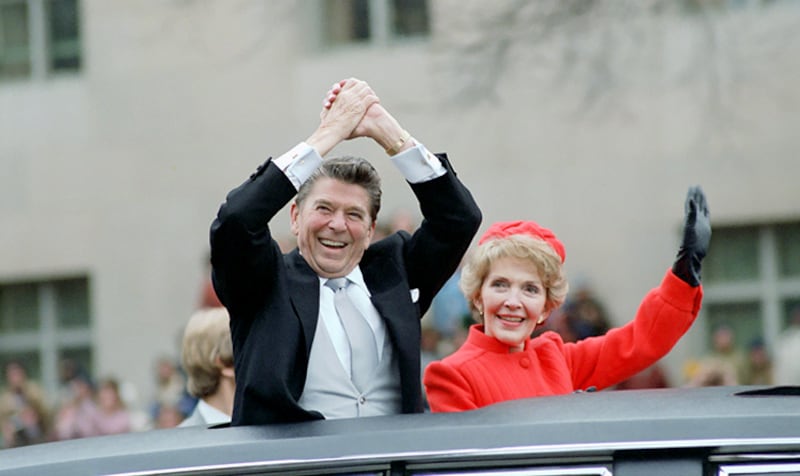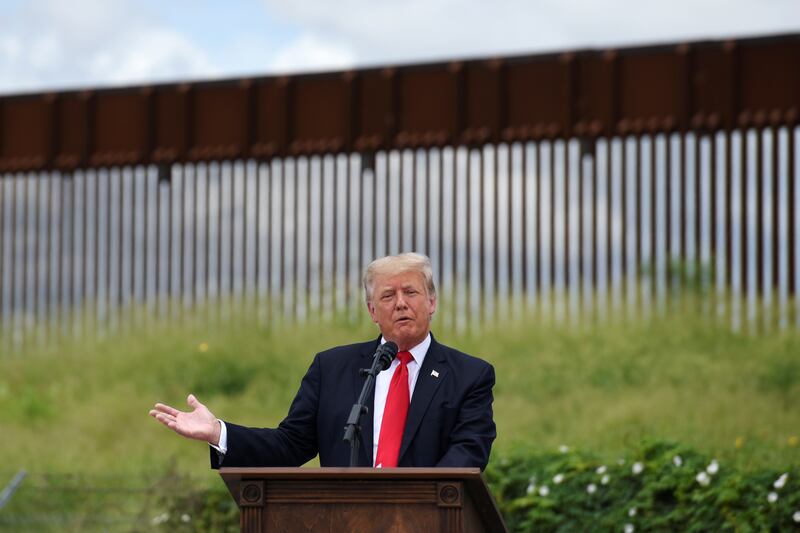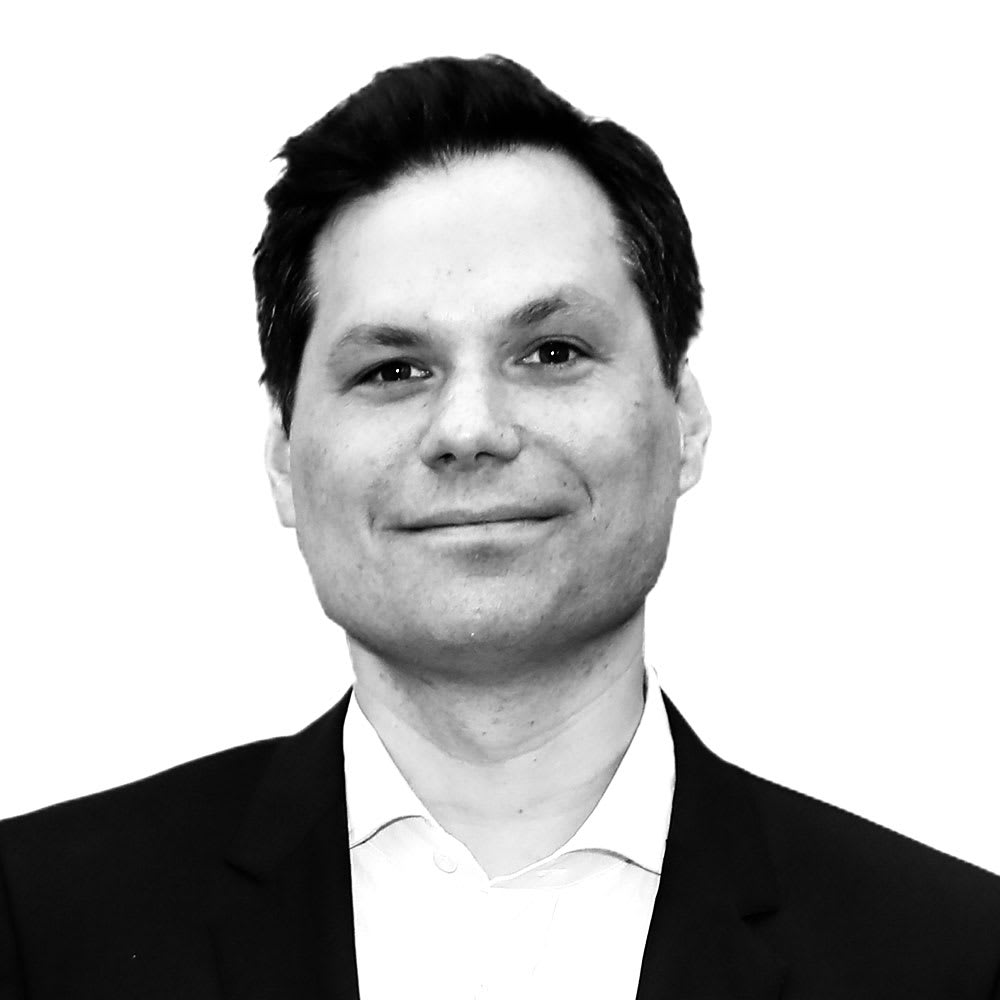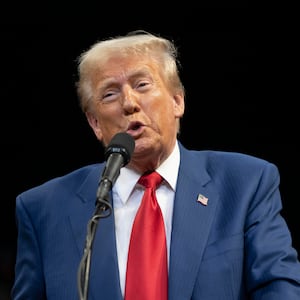We’re almost there, folks. The presidential election is nearly upon us, and not a second too soon. We are a people on edge because, while the specific issues at play are familiar enough, the election’s underlying narrative is about something more fundamental than immigration policy, tax policy, foreign policy. The central issue is none of those things. Instead, the unarticulated question at the heart of this election isn’t what do we want to do, but who do we want to be?
The U.S. is a strange country, the first nation created around an idea. That idea—self-governance of the people by the people—was a radical one. Could a nation of Calvinists and corporatists somehow figure out how to create a peaceable governance stripped of primogeniture? Could thirteen colonies with disparate customs and cultures forge a union whose legitimacy doesn’t rest at the point of a bayonet?
It's also a strange country because of who inhabits it. For the most part, we American citizens are not descended from centuries of native stock. Most of us cannot trace our American ancestry back more than a few generations. We arrived by ship and plane, sometimes by our own free will and sometimes not. We are the sons and daughters of merchants and ministers, sinners and slaves.
We are a motley people, whose ruling class often emerges from humble beginnings. Kamala Harris didn’t come from much. Neither did JD Vance or Tim Walz. Only a couple generations before Donald Trump’s ascendancy, the first American Trump, Friedrich, arrived on American shores as a German immigrant seeking to escape mandatory military service, a tradition his grandson Donald honored when concocting a phony “bone spurs” excuse to avoid serving in Vietnam.
Finally, we are a strange country because of our unique confederacy of territories. We are states united, more like a conglomeration than a nation. What is true in one state may not be true in another. That tension, the uneasy distribution of power between the federal and state governments, has defined our politics since the nation’s inception.
How much of a nation do we wish to be? How much of a confederacy? With a landmass this large, it’s reasonable to ask whether the laws of Texas ought to be applied to Maine, and vice versa? Larger nations than our own—Canada, Russia, China—have, more or less, figured out how to create a country whereas smaller countries than our own (Italy comes to mind) have never quite shaken the sense of being a collection of quasi-independent territories assembled under a single banner.
Aside from one pesky civil war, we’ve managed to keep these states generally united for nearly two hundred and fifty years. Not long by historic terms, but not too terrible when measured against the span of a single human life. As we find ourselves blundering towards another presidential election, it’s worth asking whether this American experiment is working.

Ronald and Nancy Reagan wave from the limousine during their inaugural parade in Washington, D.C., U.S. in January 1981.
Ronald Reagan Presidential Library/Handout via ReutersWho do we want to be?
Do we wish to be Ronald Reagan’s “shining city on a hill,” that beacon of freedom and opportunity promised to the world’s downtrodden and poor? Or do we want to return to 1930s isolationism, as popularized by Nazi-sympathizer Charles Lindbergh’s “America First” movement? Do we want to play the benevolent global paterfamilias, called upon to mitigate the world’s spats without claiming territory for ourselves?
Or do we want to adopt the more expansionist authoritarian leanings of Putin and Xi? Do we really believe in freedom? And does that freedom include the freedom to live one’s life in accordance with one’s personal beliefs and mores? Or do we want to regulate freedom to conform with a narrow biblical interpretation of right and wrong in a (stupid) effort to draw ourselves more firmly together as a single people?
Anybody who has read anything I’ve ever written knows my feelings about Donald Trump. He’s a walking fart. Ultimately, though, he’s incidental to the larger conversation because, while he espouses the most odious and discredited ideas, he would be nothing without the millions of Americans who, apparently, support them. Ideas like rounding up millions of immigrants and putting them in concentration camps. Ideas like shooting protesters. Ideas like a day of violence. Ideas of inherent genetic racial disparities. The list is long and grotesque. For some, however, it’s deeply appealing.
Why?
Maybe for the same reason strongmen always resonate. Because they promise easy solutions to difficult problems. “Trust me,” they say, or “I alone can fix it.” When pressed about how they will “fix it,” they deflect and scapegoat. If only we can get rid of the immigrants, the trans people, the “scum,” as Trump just called his Democratic opposition, our problems will be solved. It’s a “get in line or get lost” political philosophy at odds with my understanding of what the United States of America is meant to be.
That America, the so-called “experiment” millions upon millions of people have abandoned their own homelands to pursue, is, once again, up for debate. This long-held debate has its most recent antecedent in 9/11. Since that day, Americans have been asking whether our openness will be our ultimate undoing. The journalist William Greider coined the phrase “Fortress America” in 1998 to describe American military readiness following the collapse of the Soviet Union. Since the Twin Towers fell, the phrase has taken on a more paranoid cast, best symbolized by Trump’s nativist rhetoric and failed border wall.

Former U.S. President Donald Trump visits an unfinished section of the wall along the U.S.-Mexico border in Pharr, Texas, June 30, 2021.
Callaghan O'Hare/ReutersAs we wind down the current presidential election, that “fortress” has come to mean something quite sinister. No longer is the Trump campaign focused on threats from without, but, increasingly, on what he perceived as domestic threats. “The enemy within” Trump has taken to calling the American left.
In addition to his proposal to send shock troops through American cities and towns to round up immigrants, including some here legally as in the case of the Springfield Haitians, he has opined on using the National Guard and, “if necessary,” the military to target his political opposition.
The fortress he wants to build resembles what you might have found in East Germany instead of in Germantown, Pennsylvania. It’s a fortress, already sanctioned by the Supreme Court who determined that a president can do anything he wishes so long as it is carried out as part of their “official duties” erected to protect a single individual.
Our strange country has been through strange times. We’re a fitful and discontented people. Those impulses have, at times, both hindered us and served us well. A nation of seekers will always be seeking. We have never stopped pushing for that elusive more perfect union, but our notions of how to get there have rarely seemed further apart.
I have my own ideas about how to make America great again. Openness, tolerance, cooperation, generosity, mutual respect. To me, these are foundational notions of what it means to be American. Whether my taxes go up or down by a couple percentage points doesn’t mean that much to me if my neighbors find themselves being attacked for living their most authentic lives. Or if they cannot afford health care. Or if they are being force-fed Christianity in public schools. Or if they find themselves stopped by the police to prove their citizenship.
That is not an America with which I wish to associate myself. I know who I want us to be. Do you?






